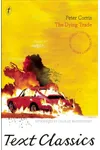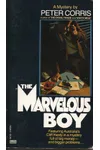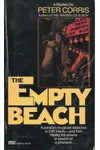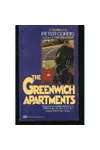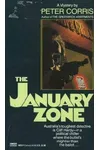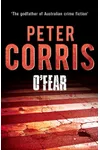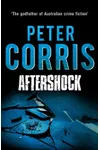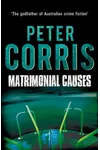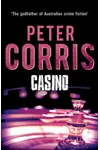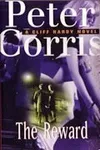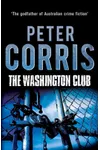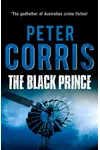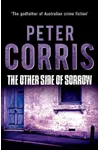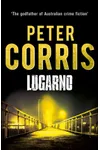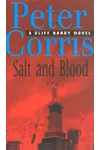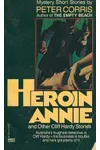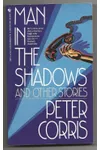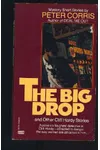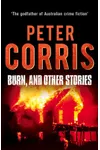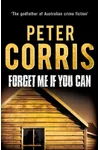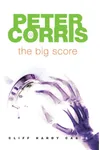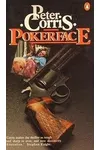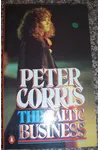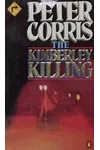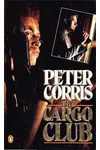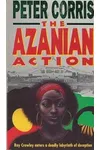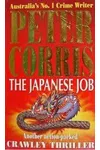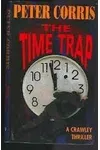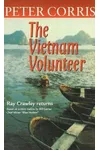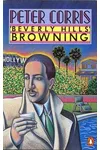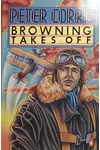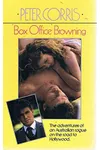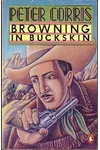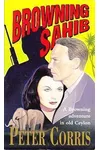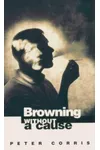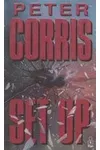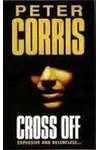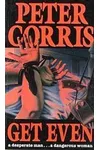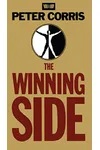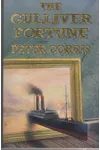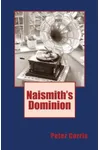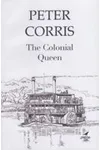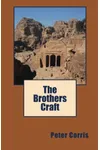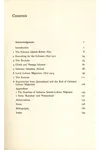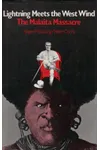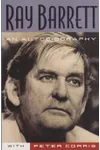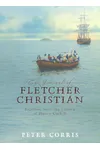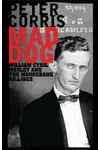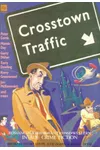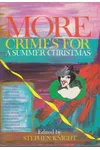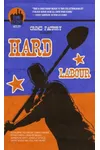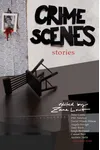Picture a gritty Sydney private eye dodging danger in a sun-soaked city—meet Peter Corris, the Australian author who brought the iconic Cliff Hardy to life! Dubbed the 'Godfather of contemporary Australian crime writing,' Corris revolutionized crime fiction with his sharp, local-flavored tales. His 40-plus novels captured the heart of Australia, blending hardboiled grit with a distinctly Aussie voice that still resonates today.
Born in 1942, Corris wasn’t always chasing fictional crooks. His journey from academic historian to crime fiction legend is as compelling as his stories, proving that sometimes the best plot twists happen in real life.
The Making of Peter Corris
Peter Robert Corris was born on May 8, 1942, in Stawell, Victoria, Australia. Raised in Melbourne, he attended Melbourne High School before diving into academia at the University of Melbourne, earning a bachelor’s degree. His thirst for knowledge led to a Master’s in history at Monash University and a PhD at the Australian National University, where he researched the South Seas Islander slave trade. Initially, Corris taught history at universities, but by the mid-1970s, he traded lecture halls for newsrooms, becoming a journalist and literary editor at The National Times. A 1970 trip to the U.S. sparked his love for detective fiction, planting the seeds for his literary legacy.
Peter Corris’s Unforgettable Stories
Corris burst onto the crime fiction scene in 1980 with The Dying Trade, introducing Cliff Hardy, a tough yet nuanced Sydney private investigator. Hardy, a former army veteran and insurance claims investigator, tackled urban corruption with a sharp wit and moral compass, set against a vividly Australian backdrop. The novel’s success marked a turning point, reviving Australian crime fiction with local settings and vernacular, a stark contrast to the American and British settings that dominated the genre.
Other standout Hardy novels include White Meat (1981), which explores Indigenous themes in Sydney’s Aboriginal community, and The Empty Beach (1985), a Bondi-set tale of drug trafficking and murder that became a film starring Bryan Brown. Beyond Hardy’s 42-book saga, Corris penned the Ray Crawley series, featuring a downbeat ex-journalist turned secret service agent, and the comedic Browning series, following a fictional Australian actor’s global misadventures. His prose, initially baroque, evolved into a lean, evocative style that mirrored Hardy’s no-nonsense demeanor, earning comparisons to Raymond Chandler and Dashiell Hammett.
Corris’s versatility shone in his non-fiction too, from Pacific history works like Passage, Port and Plantation (1973) to collaborative biographies, including Fred Hollows: An Autobiography (1991). His autobiography, Sweet & Sour: A Diabetic Life (2000), candidly detailed his lifelong battle with type-1 diabetes, which later caused blindness, forcing him to retire from writing in 2017.
Why Peter Corris Matters
Corris’s impact on Australian crime fiction is monumental. By rooting his stories in Sydney’s streets—Glebe’s pubs, Bondi’s beaches—he gave the genre a local pulse, inspiring writers like Peter Temple, Gabrielle Lord, and Michael Robotham. His Cliff Hardy series, the longest-running of its kind in Australia, offered a wry commentary on societal change, from urban gentrification to political corruption. Awarded the Ned Kelly Lifetime Achievement Award in 1999, Corris’s legacy endures as a blueprint for authentic Australian storytelling.
- Born: May 8, 1942, Stawell, Victoria, Australia
- Died: August 30, 2018
- Key Works: The Dying Trade (1980), White Meat (1981), The Empty Beach (1985)
- Awards: Ned Kelly Lifetime Achievement Award (1999)
About Peter Corris
Ready to dive into Sydney’s underbelly? Grab The Dying Trade and lose yourself in Peter Corris’s thrilling world of crime and grit!
